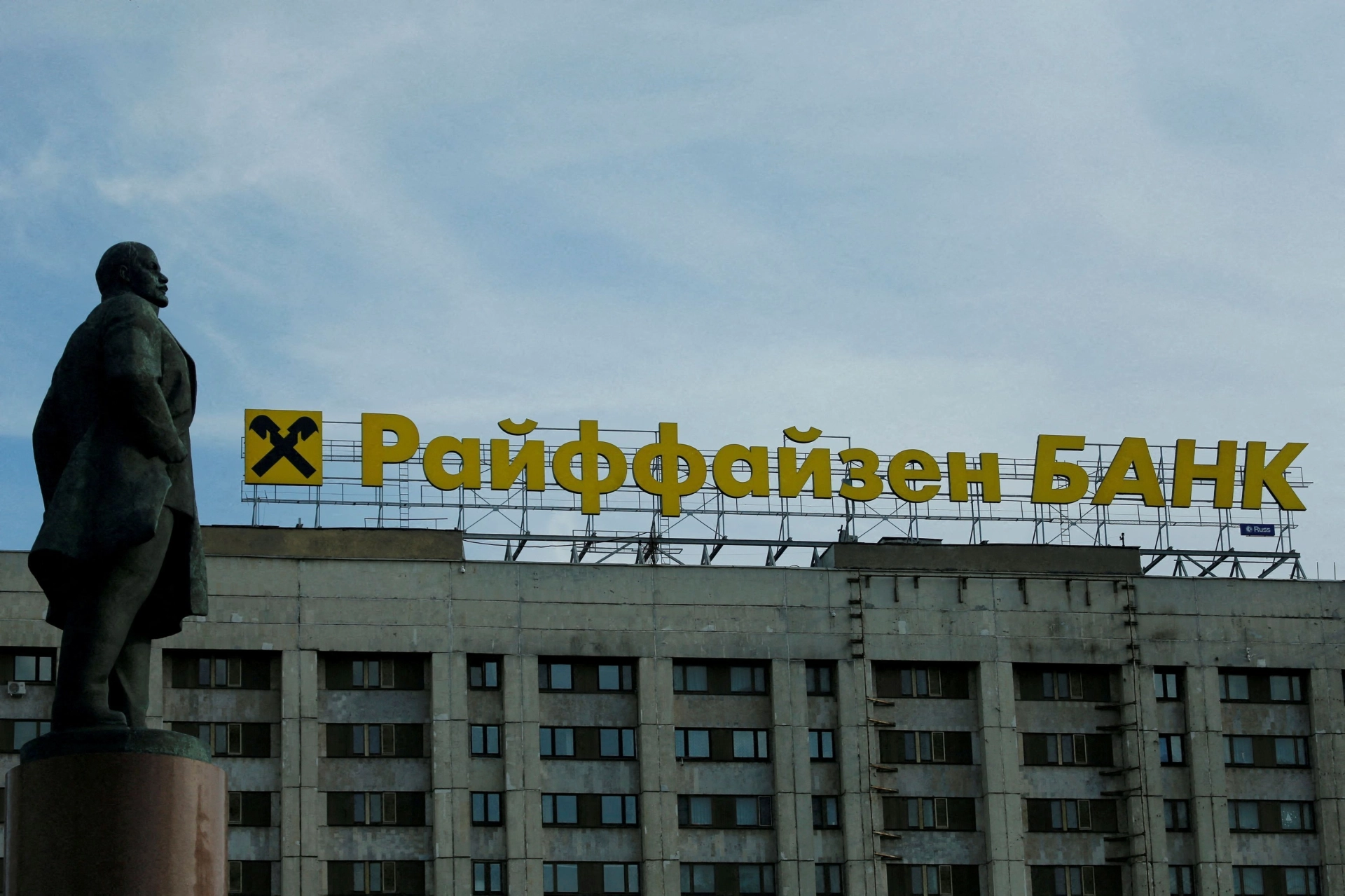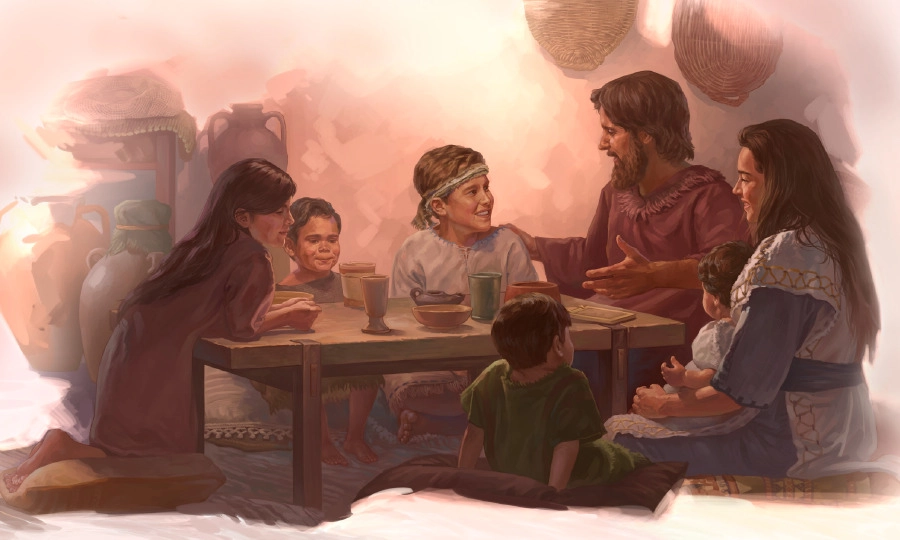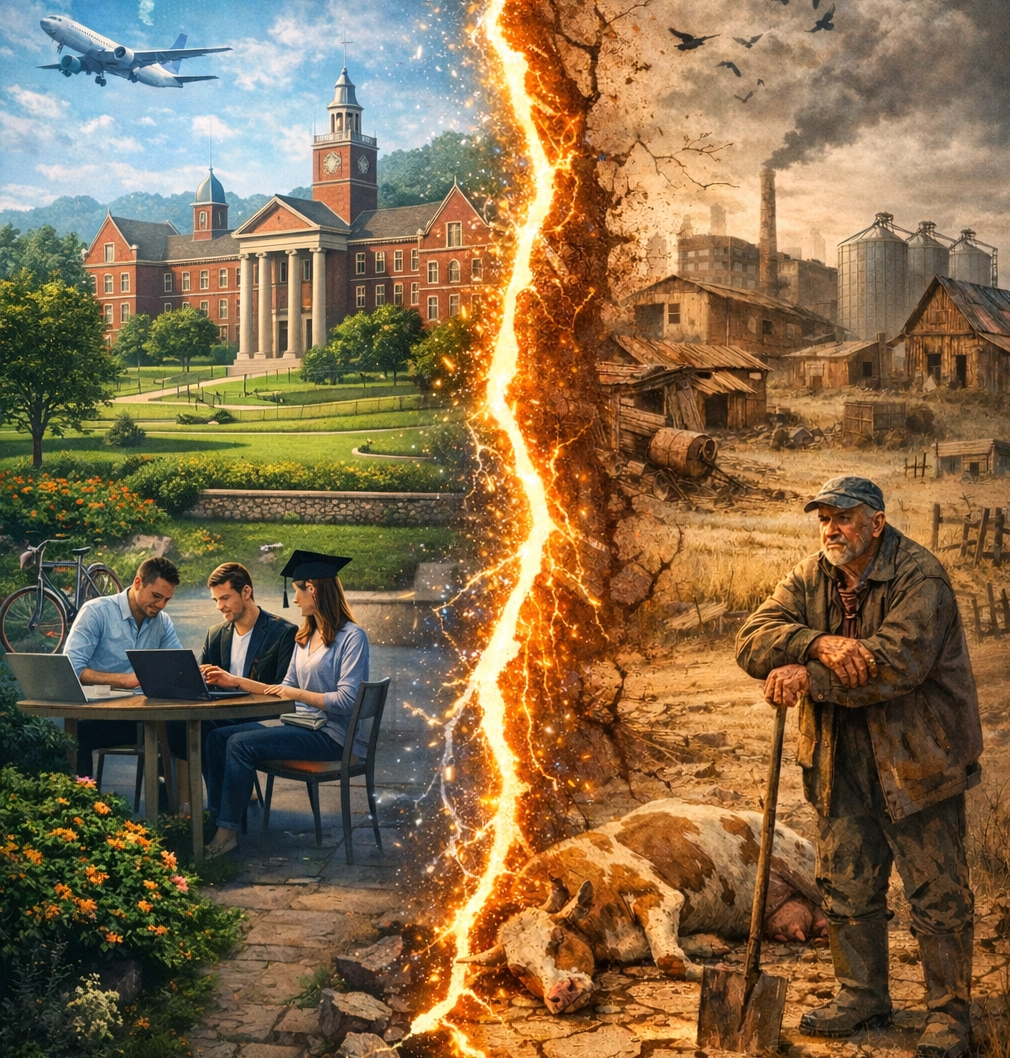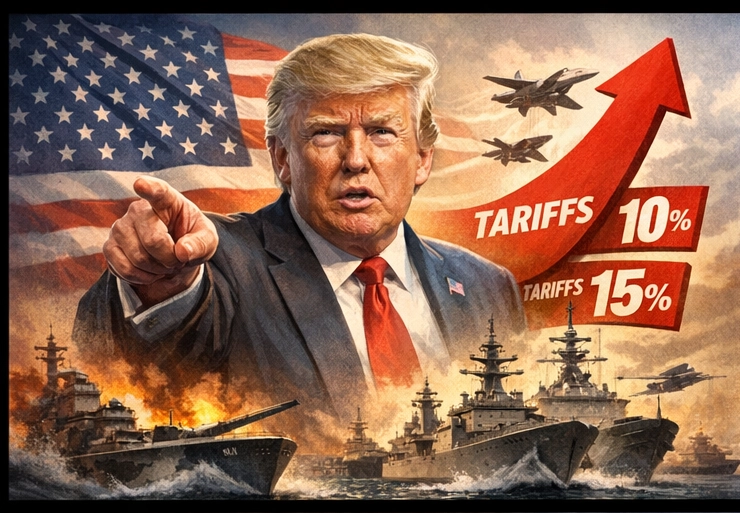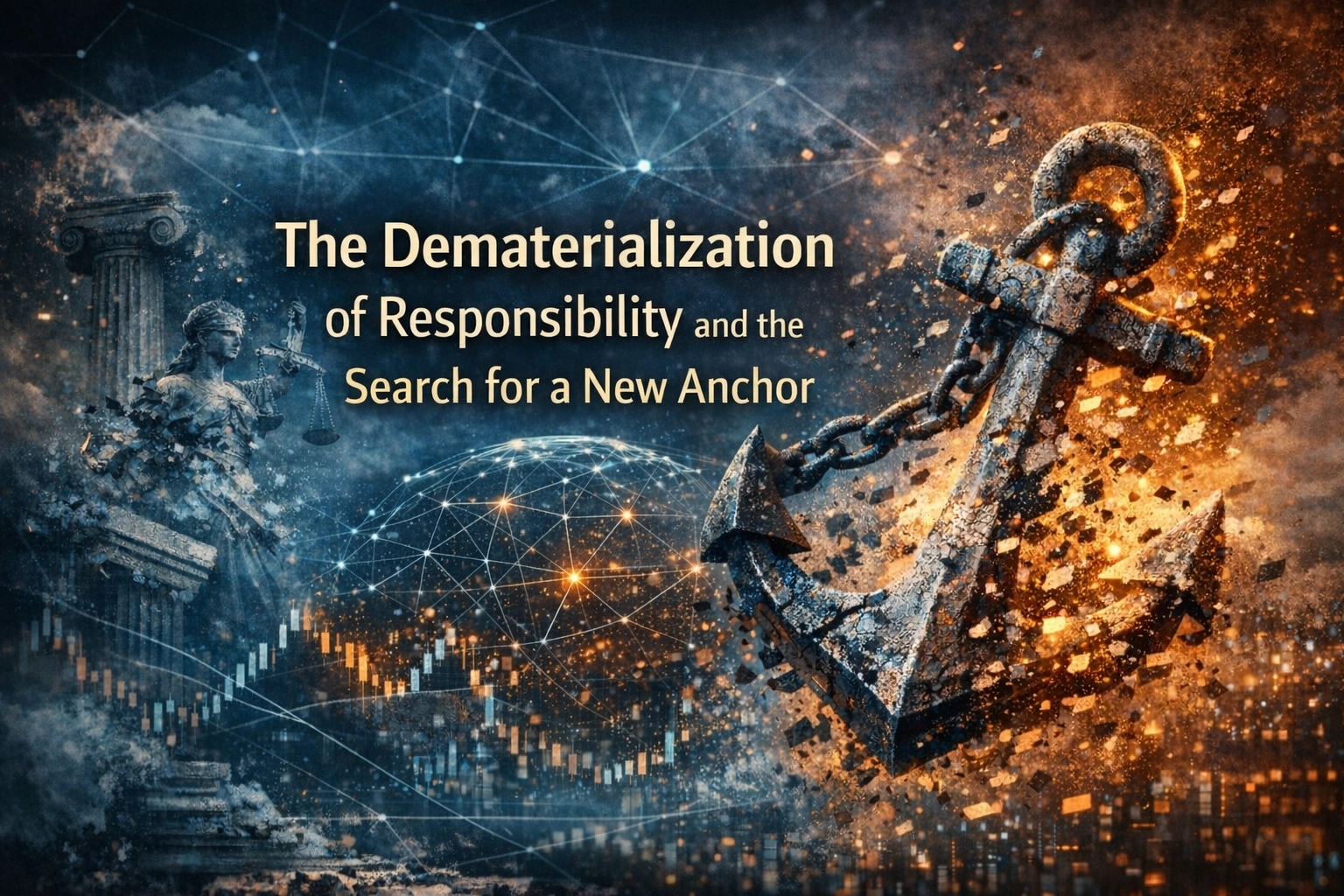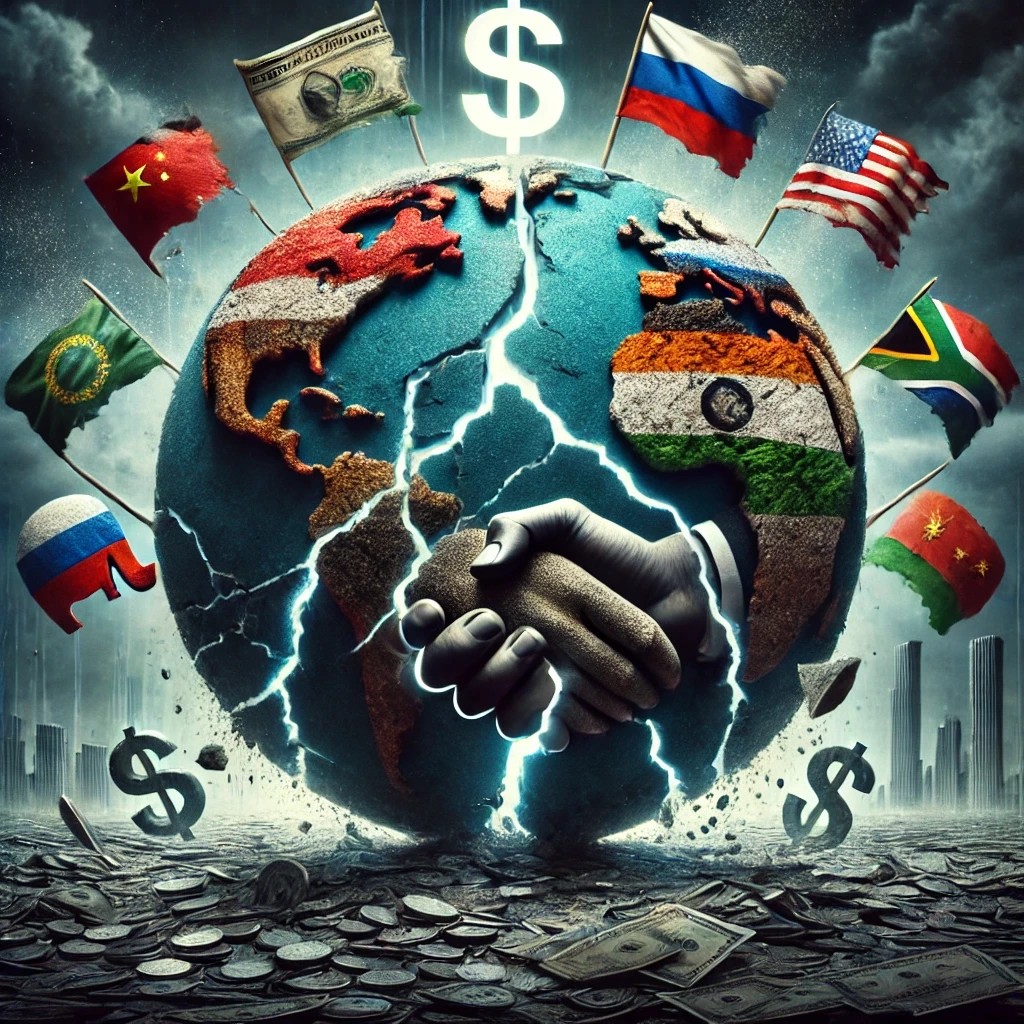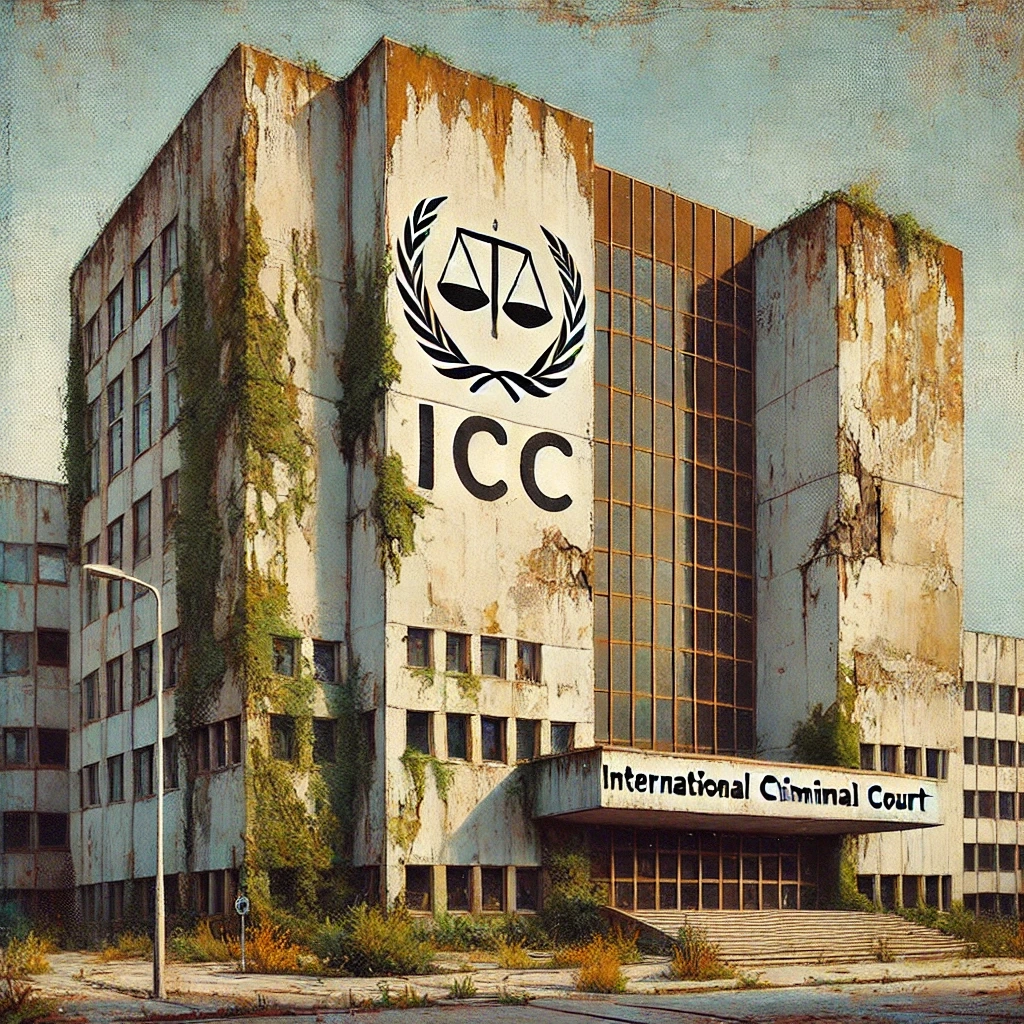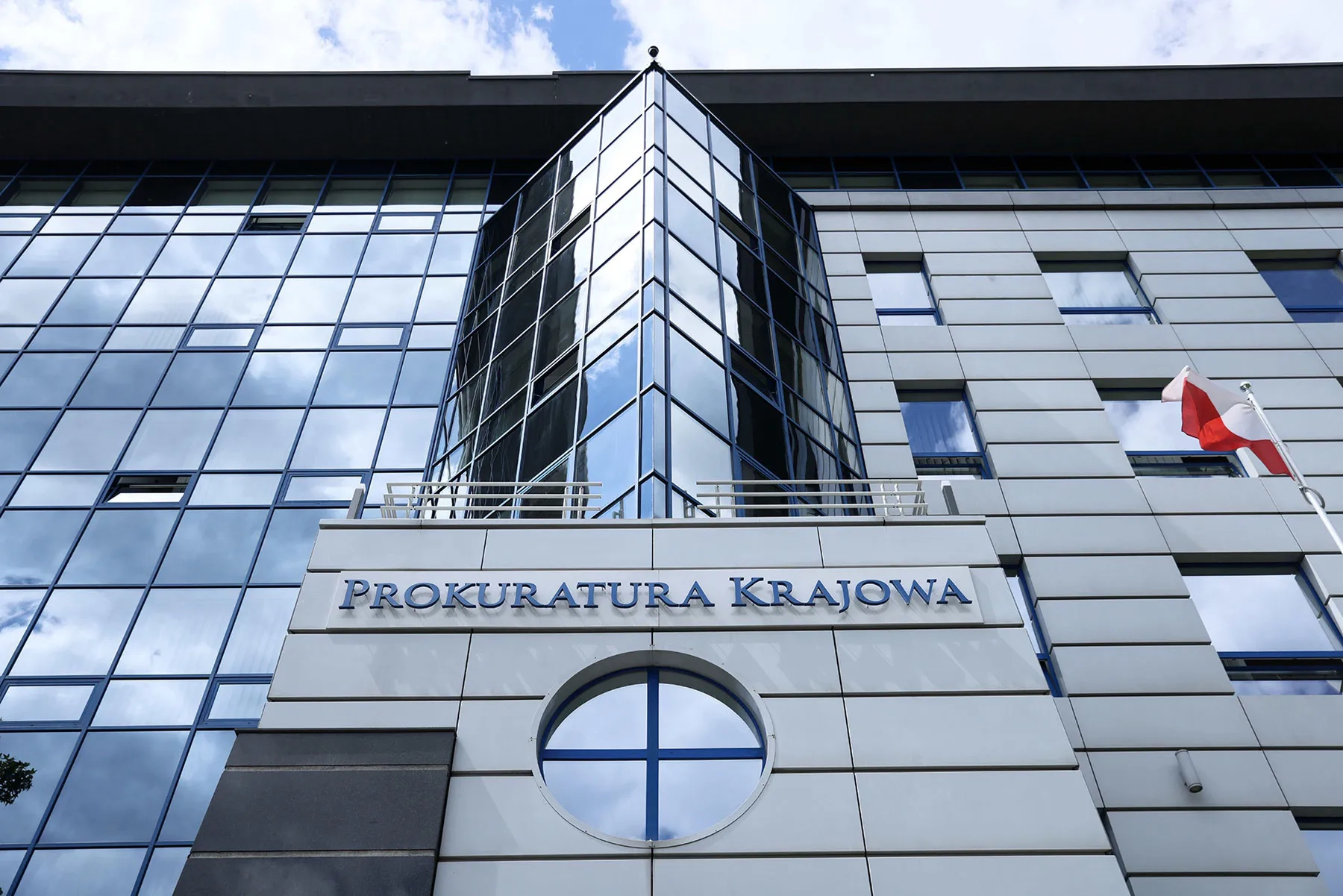In "The Immortality Code," I ironically mentioned the Filioque dogma, which perhaps became the primary cause of the schism between the Western (Roman Catholic) and Eastern (Orthodox) Churches, centered in Constantinople.
To reiterate, the core of the disagreement concerned the question of the Holy Spirit's procession: did it proceed from God the Father and God the Son (Filioque – "and the Son"), as asserted in the West, or only from God the Father through God the Son, as maintained in the East?
I was both surprised and amused by the passion and vehemence with which this seemingly scholastic dispute was conducted, reminiscent of later debates about how many angels could dance on the head of a pin. This conflict culminated in mutual anathemas (curses), which, to me, only amplified its irony.
Many years have since passed. I then encountered what was essentially a debate in absentia between two medieval mystics: Meister Eckhart and Gregory Palamas, concerning the nature of the "spark." Although these thinkers, one German and one Byzantine, were contemporaries and likely unaware of each other, their ideas became emblematic of two distinct spiritual traditions.
This implicit debate prompted me to reconsider my perspective on the Filioque dogma. Furthermore, it spurred me to contemplate the origins of modern civilization, both Western and Eastern, and to attempt to identify the driving force that propelled Western society and presaged the dawn of the modern era.
Eckhart, Palamas, and the "Spark"
Eckhart conceived of the "spark" as an intrinsic divine principle, inherent in every individual. This principle, he believed, is awakened through an inward journey toward God. He asserted: "The soul does not act, know, or love; God himself acts and knows himself within it." For Eckhart, the soul is a sacred space where humanity and God unite directly, without intermediaries. Thus, the individual becomes the subject of divine action, with a personal connection to God as the central aspect of spiritual life.
This concept posits that all change and creation depend on the individual, on their will and conscious action. The individual—not a king, metropolitan, prince, or president—is the primary source of power and its institutions. Power is created, appointed, or elected by the people and remains accountable to them.
This understanding of power as derived from human will is reflected in documents such as the Bill of Rights and the U.S. Constitution. These acts express sovereign human will, enshrining human rights and establishing limits on power that no one—neither monarch nor official—may transgress.
Even labor, in Eckhart's view, is not merely a necessity but a calling, an idea later echoed by Calvin—the result of the materialization of this very "spark." Through labor, the individual becomes a co-creator, acting in God's stead on earth, for it is through humanity that God continues to act in the world.
Conversely, Palamas argued that the divine "spark" descends upon humanity from without. In his framework, the individual is not a subject but an object of divine power. They are a passive recipient of grace bestowed by God through His representatives. This divine energy arrives from above, transmitted through intermediaries, whether a king or a metropolitan. This approach became prominent in the Byzantine Empire, where the emperor's power was considered divinely ordained and reinforced by religious rites.
Consequently, leaders at all levels become conduits of divine energy. They guide people, motivate action, and direct their efforts. Individuals, however, draw their "spark" not from within but from those above them in the worldly or spiritual hierarchy.
For Palamas, control is essential for the "spark" to reach its intended recipient and not dissipate. The Greek word "episkopos," meaning "overseer" or "supervisor," is telling. In modern terms, this role is fulfilled by numerous supervisory and law enforcement agencies that often excessively intervene in all aspects of organizational and collective activity to ensure adherence to directives from above.
In such a system, obedience and submission are valued over individual initiative, which is often punished as a threat to the established order. Individuals are not encouraged to take risks, innovate, or experiment. Their role is to adhere strictly to instructions and directives issued from above.
The Western tradition, grounded in Eckhart's ideas, became the foundation for the modern era. Here, the individual as subject, bearer of the divine spark, became the wellspring of social and political order. This gave rise to the traditions of liberalism, limited government intervention in personal and economic life, the establishment of self-governing communities, and market institutions. The development of urban communes, such as the Italian city-states of Florence and Venice, where self-governance and individual liberty became the basis of social order, provides a prime example.
Within Eckhart's doctrine, hierarchy in the traditional sense is absent. People coalesce into groups, teams, clubs, or circles of interest to collaboratively address challenges and achieve goals. In this system, each individual plays an active role, and mechanisms such as stocks, options, bonuses, and other incentives transform employees into co-owners. Such associations generate partnerships, cooperatives, and joint-stock companies, as exemplified by the industrial cooperatives of 19th-century England, a model that has become virtually standard for modern technology companies.
Leaders in this model are accountable not to higher authorities or state regulators but to their shareholders and stakeholders. Relationships within organizations are based on partnership, not subordination. The leader's role is not coercion or control but the creation of effective teams where professional and mutual respect are paramount.
This model fostered the development of education systems as people recognized the advantages of entrusting their children's education to a mentor rather than managing it individually. Thus, schools arose organically, and later, universities emerged in Europe as independent entities. They developed their own charters and self-governing rules, with rectors and directors elected democratically.
In the East, schools and universities were established not through grassroots initiatives but by decree of the authorities. Moscow University, for instance, was founded by order of Empress Elizabeth Petrovna. The same was true of the Confucian academies in China, created by imperial decree and strictly subject to state control. The notion that such institutions could be independent in their curricula, governance, or leadership selection was often considered heretical and subversive.
In this light, the Filioque dogma takes on new significance.
"From God the Father and from God the Son"—so proclaims the Western tradition. Its essence lies in the conviction that God the Son, and therefore humanity, can be an independent bearer of the divine spirit, not merely a transmitter of external, alien energy. In this view, humanity is seen as the creator—of their own life, of their own future.
"From God the Father through God the Son"—such is the Byzantine tradition, where God the Son is seen as a passive conduit of divine power. Here, He is not an independent bearer of the divine principle but acts as a mediator of a higher will.
The challenge is that within such a system, power can either be a catalyst for change, fostering human development, as occurred in East Asian nations like Japan, South Korea, and China, or it can become an end in itself, a societal curse, as Kant might say. Rather than inspiring and empowering individuals, power becomes an instrument of oppression, stifling progress and leading to decline.
Why is this particularly relevant now? Because in Belarusian tradition, the question of the state's role as an active driver of social development will soon resurface with urgency. Its mission will be to help every individual, even the most marginalized and oppressed, to realize their potential, to discover their "divine spark."
We will discuss how to achieve this practically.
Regarding the theological disputes, ultimately, the origin of the spark—whether from within or without—is less important. What matters is that a new Belarusian government helps everyone find this spark, ignite it, and nurture it throughout their lives.
And then, West and East will converge in Belarus, as they once did in the Grand Duchy of Lithuania, whose core was the present-day Belarusian lands and whose state language was Old Belarusian (West Russian). There, the Filioque dogma will find harmony, and Meister Eckhart and Gregory Palamas, reconciliation.
